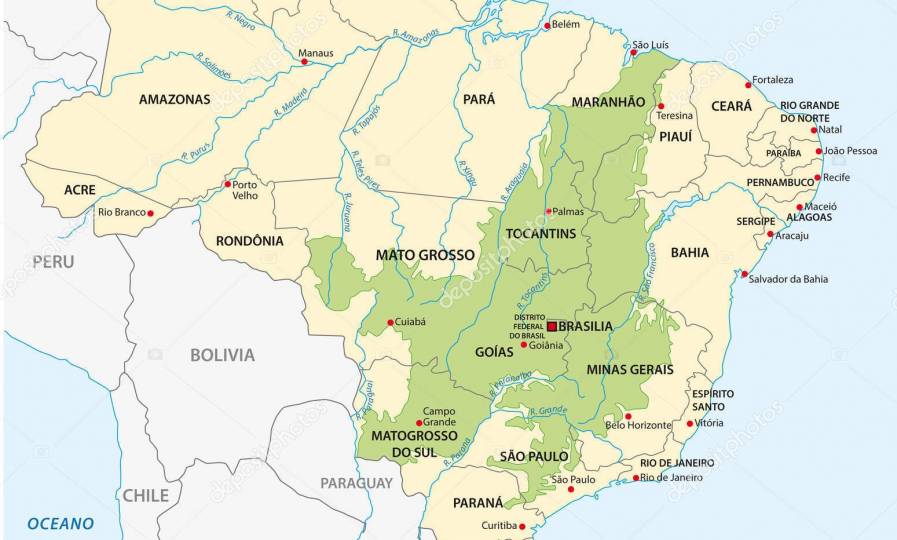Brazil’s Cerrado, the country’s second-largest ecosystem, is home to diverse indigenous and local groups who know how to manage the land well.
They face the impacts of cutting down trees and less river water.
The community includes different ethnic groups like Xerente and Guarani. They are on the front lines as farming expands.
In Piauí, the Akroá-Gamela families say soy farmers are taking their land.
José Wylk, a leader, notes growing threats from agriculture. He remembers a time of harmony with nature.

Now, pollution and changing weather patterns disrupt their lives. Despite complaints, the government isn’t doing much.
Another community, Quilombo de Mesquita, faces similar problems. They’re fighting to own their 250-year-old land legally.
Here, soy farmers are also cutting down a lot of trees.
In Correntina, locals protested against farms using too much water in 2017. Jamilton, a local farmer, says not much has changed.
Water licenses are still being issued.
Support groups like ISPN say farms are unfairly taking traditional lands. These actions often involve fraud and force.
Environment Minister Marina Silva plans to introduce a new plan against deforestation. She says it will need support from local governments.
We tried to reach farming representatives for their side of the story. They did not respond.
Background
The Cerrado region has a long history of balancing biodiversity and human activity. Indigenous and local people have lived in harmony with the land for generations.
Their practices have often been sustainable, showing a deep understanding of the region’s complex ecosystems.
The recent surge in agriculture, mainly from soy and livestock farming, disrupts this balance.
It’s not just a local issue; the Cerrado is vital for Brazil’s climate and water systems. Uncontrolled expansion could have wider, even global, consequences.

